H.D. Kumaraswamy, India's Minister of Steel and Heavy Industries, stated that they have strengthened import monitoring mechanisms to protect the domestic steel industry and have taken necessary measures against dumping. The minister explained that practices such as anti-dumping and countervailing duties are on the agenda, especially to prevent China from directing excess steel to the Indian market due to the trade wars with the US.
‘The global steel market is under pressure due to surplus steel production and contraction in demand. Against the risk of cheap imports from China, the ministry is strengthening import monitoring mechanisms and taking all necessary steps to combat anti-dumping,’ he said.
Trade Negotiations with the European Union Continue
Kumaraswamy also said that they have initiated talks with the European Union (EU) on easing restrictions on India's steel trade. Emphasising that the EU is reviewing safeguard measures on steel imports, which could affect India's exports, the minister said diplomacy is in place.
‘We are in close contact with the EU to ensure a transparent and fair trade environment. We are demanding compliance with WTO rules and holding talks for removal of trade restrictions,’ he said.
According to the EU's existing safeguard mechanism, steel imports from India can enter the EU market with zero or low duty within a set quota, while an additional 25 % duty is imposed if the quota is exceeded. Between 15 % and 40 % of India's steel exports go to the EU market, with Spain, Belgium, France and the UK being particularly important players in this trade.
Support for Green Steel and PLI Programmes
India plans to accelerate its Green Steel Initiative, which aims to reduce the industry's carbon emissions. Kumaraswamy stated that India was the first country to define green steel and offered new incentives to support green steel production.
‘We are offering tax incentives and subsidies to accelerate green steel investments. We are also planning to partner with various international organisations to leverage global funds and technical expertise,’ he said.
In addition, India is expanding its Productivity Linked Incentive (PLI) programmes to boost private steel production. The newly launched PLI 1.1 programme is expected to strengthen the domestic steel industry and reduce import dependency.
As India aims to realise a demand growth of 12-13% in the steel sector, it draws attention with its plans to both support domestic production and increase its competitiveness in global trade.


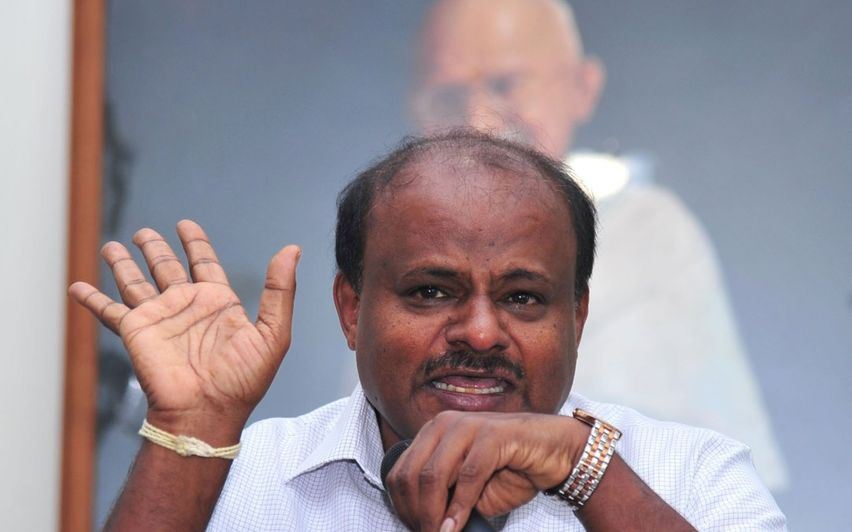

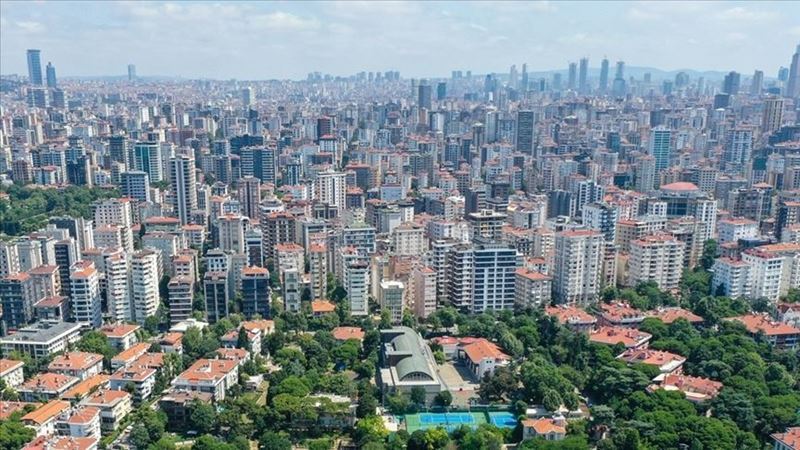
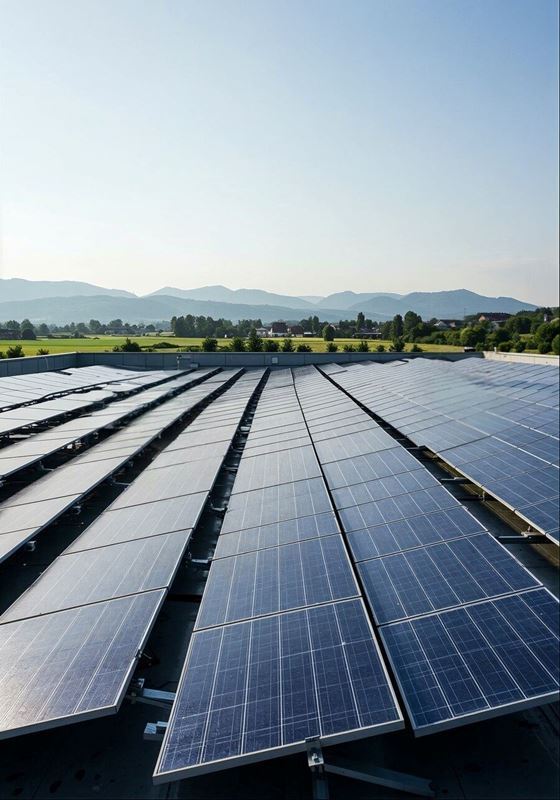
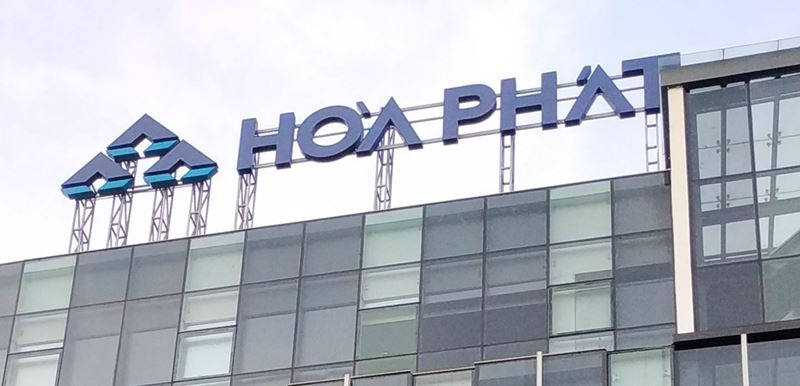
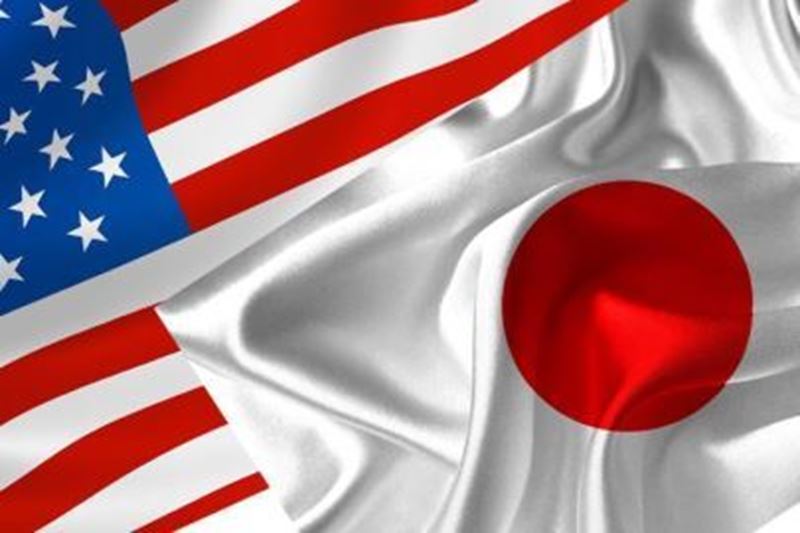
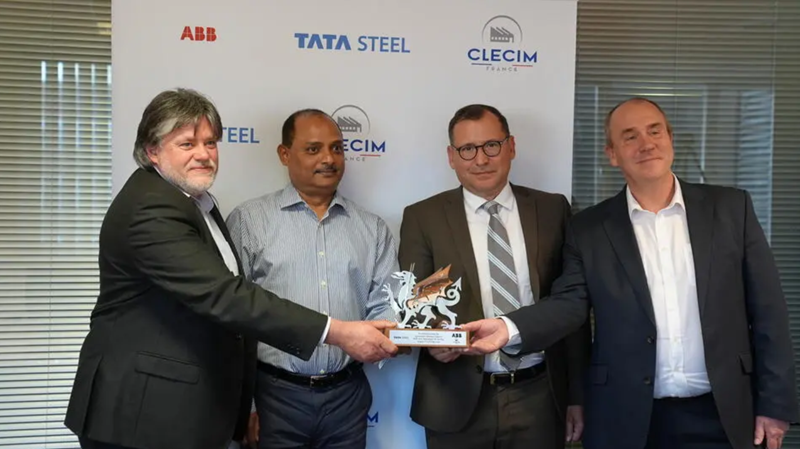


Comments
No comment yet.